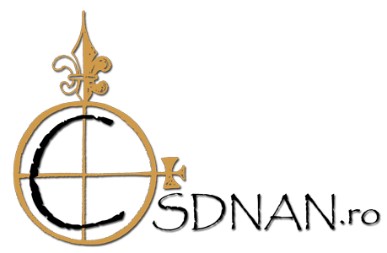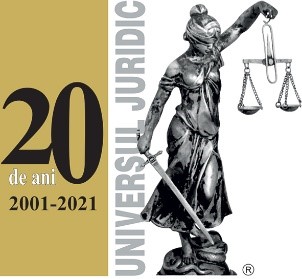Consideraţii asupra valabilităţii vânzării bunului altuia
Cuvinte cheie:
validity, nullity, sale of a third party’s asset, derivative object, contractual obligation, error, ilicit causeRezumat
This study is intended to demonstrate that the sale of the third party’s asset is a valid agreement concluded from the perspective of the fact that the asset does not belong to the seller, no matter the time on which the transfer of ownership has to operate. The starting point is represented by the main sentences related to the validity of such an operation formulated under the provisions of the Civil Code of 1864 and under the provisions of the new Civil Code.
By reference to the new regulation of the sale agreement, it results the main premise from which the proposed solution starts: any sale results in a contractual obligation and its performance supposes an intellectual performance. The arguments for which, in the light of the general and special rules regarding the performances related to a third party’s assets are further presented, and it cannot uphold the existence of a validity condition of the sale agreement according to which the individual determined sold asset must belong to the seller. As regards these arguments, it results that the sale of the third party’s asset is validated by the new Civil Code only in terms of the fact that the asset does not belong to the seller. Therefore, it remains vulnerable as compared to other veritable causes of nullity, such as error or fraud.
Finally, the reasons for which, in the current form of the legal texts, the applicability of an illicit cause cannot be upheld in the assumption in which parties know the real legal status of the sold asset, are reiterated.









